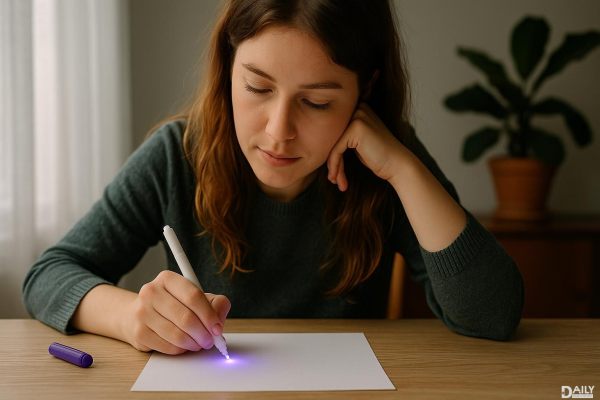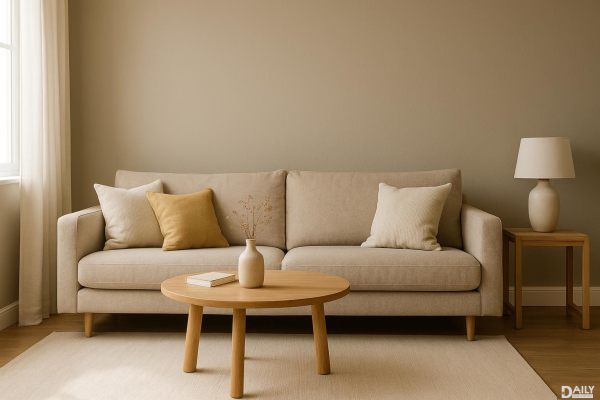Ever find yourself staring at the ceiling at 2 AM, physically exhausted but mentally running a marathon? You're not alone. That frustrating gap between a tired body and a wired brain is where nighttime meditation swoops in like a superhero for your sleep routine. Free sleep meditations aren’t just for yogis or wellness gurus—they’re tools anyone can use to quiet the mental chatter and coax the nervous system into chill mode. Think of them as a lullaby for your overactive mind, blending science-backed relaxation techniques with zero-pressure guidance. Whether you’re battling stress-induced insomnia or just need help transitioning from "go mode" to "slow mode," these audio sessions meet you where you’re at—no fancy cushions or prior experience required.
The Science Behind Sleep Meditation
stress and an overactive sympathetic nervous system (that’s your body’s internal alarm system). When you meditate, especially with breath-focused techniques, you activate the parasympathetic nervous system—the "rest and digest" counterpart that lowers heart rate and dials down cortisol. Research from Johns Hopkins University analyzed 47 clinical trials and found mindfulness meditation improved sleep quality as effectively as prescription sleep aids for some participants. Another study in JAMA Internal Medicine revealed that older adults with sleep disturbances who practiced meditation fell asleep faster and stayed asleep longer than those relying on sleep hygiene education alone. The kicker? These benefits often show up within weeks, sometimes days, especially with consistent practice. So yeah, it’s not woo-woo—it’s neuroscience with a side of ancient wisdom.
Guided vs. Unguided: Picking Your Sleep Meditation Style
New to meditation? Guided sessions are like having a sleep coach whisper in your ear. A skilled narrator walks you through body scans (mentally relaxing each body part from toes to scalp), visualization (imagining serene landscapes), or breathwork (4-7-8 breathing is a fan favorite). These cues keep your mind from drifting back to tomorrow’s to-do list. Unguided meditation, where you focus silently on your breath or a mantra, works better for seasoned practitioners but can feel intimidating for beginners. Pro tip: Apps like Insight Timer or YouTube channels like The Honest Guys offer free guided meditations specifically designed for sleep, with options ranging from 5-minute quick resets to 45-minute deep dives. Start short—even 10 minutes can shift your brainwaves into theta territory, the twilight zone between wakefulness and sleep.
Setting the Stage for Sleep Meditation Success
Timing and environment matter as much as the meditation itself. Aim to start your session 30-60 minutes before your target bedtime—this gives your body time to ride the relaxation wave into actual sleep. Dim the lights (blue light blockers are your friend), slip into comfy clothes, and if possible, keep your phone face-down on airplane mode to avoid disruptive pings. Some people swear by weighted blankets or lavender-scented eye masks to amplify the cozy factor. Position-wise, lying flat can trigger sleep faster than seated meditation, but if you’re prone to dozing off mid-session (a good problem to have!), prop yourself slightly upright against pillows to stay alert until the meditation ends. The goal? Train your brain to associate these rituals with sleep, creating a Pavlovian "it’s bedtime" trigger.
When Meditation Isn’t Enough: Recognizing Sleep Disorders
While meditation is a powerhouse for mild sleep issues, it’s not a cure-all for clinical insomnia or sleep apnea. Red flags include taking over 30 minutes to fall asleep most nights, waking up gasping for air, or feeling exhausted despite 8+ hours in bed. If this sounds familiar, consult a sleep specialist—they might recommend cognitive behavioral therapy for insomnia (CBT-I), the gold-standard non-drug treatment that pairs beautifully with meditation. Remember, sleep struggles often have layered causes (hormonal imbalances, anxiety disorders, etc.), so think of meditation as one tool in a larger toolkit rather than a magic wand.
Ready to test-drive sleep meditation tonight? Scroll through free options until you find a narrator whose voice feels like a warm blanket—vocal tone matters more than you’d think. And if you zonk out before the track finishes? Mission accomplished. Sweet dreams.
























